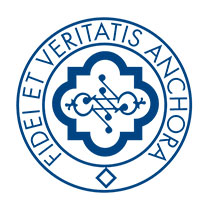For his work the notary, as a public official, must adhere to strict rules laid down in the code of ethics and the law to ensure that:
- notarial deeds are in accordance with the will of the parties;
- notarial deeds are valid, meaning in compliance with the law;
- the legal effects of deeds are not affected by any encumbrances or rights of third parties (such as mortgages, foreclosures, easements, pre-emption, etc.) that the notary did not warn the parties about.
If the notary fails to perform his professional duties he is responsible under the law in several cases:
- civil: if he has caused damage to the parties through non-performance of his professional duties, the notary is obliged to make good the damage;
- criminal: if he has committed crimes;
- disciplinary: if he has violated the ethical standards of the profession, the notary must pay pecuniary fines or be suspended from the profession for a specified period of time or, in serious cases, he may be struck off.
In view of these responsibilities, notaries were the first profession in Italy to have set up, in 1999, compulsory insurance that by law covers every notary in the case of civil liability for error. There is also a guarantee fund for damages resulting from criminal offences.
By law, notaries are liable to continual State control: all deeds are subject to periodic inspection (every 4 months) by the Tax Department and the Ministry of Justice (every 2 years).
The District Notarial Councils also oversee the proper conduct of the notary. In case of irregularities, he is judged by a regional disciplinary commission, independent of the District Notarial Council and presided over by a senior magistrate. This ensures absolute impartiality in the decisions and cuts the ground from under any possible form of “in-house justice” among members of the same profession.






